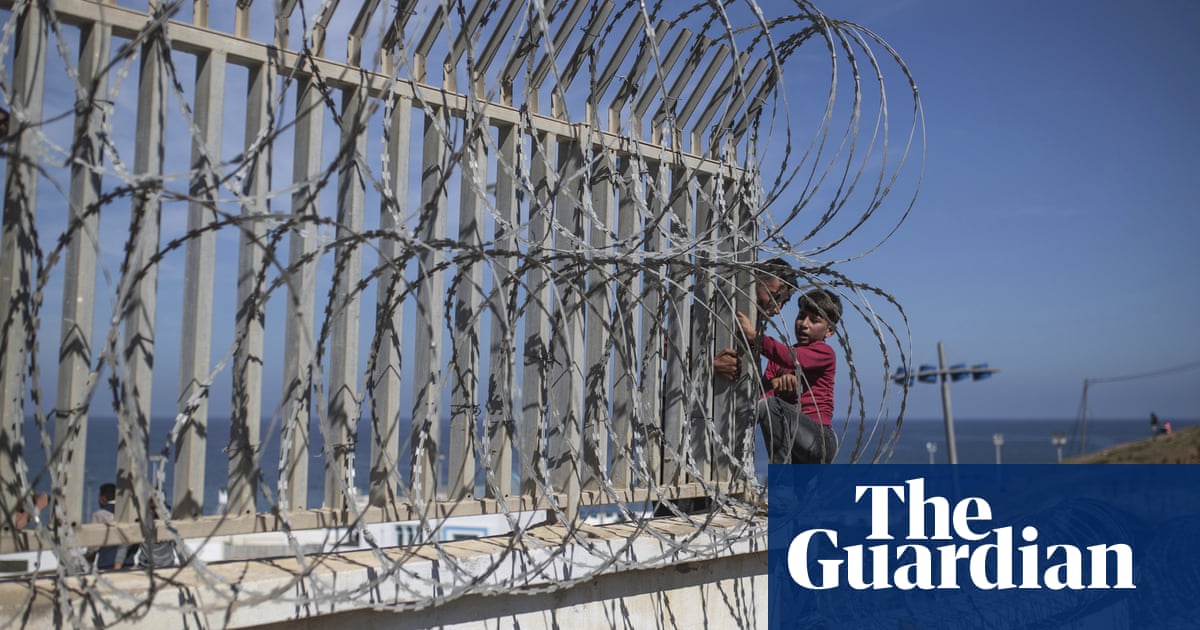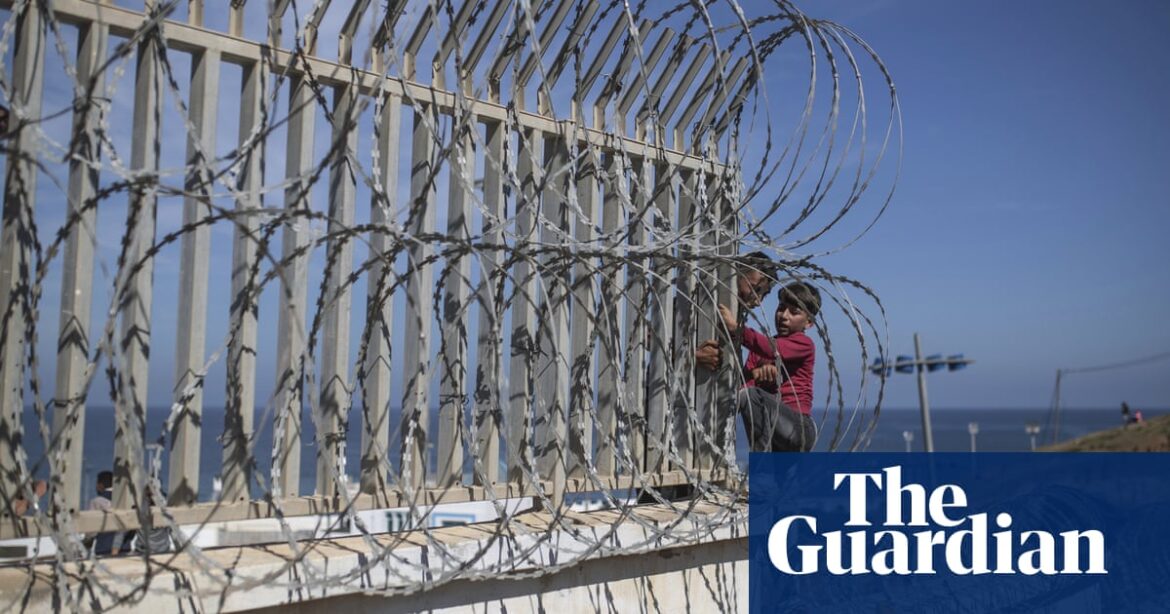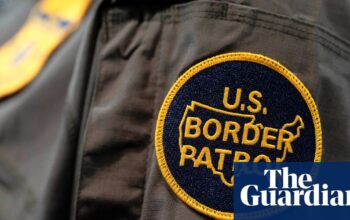
A citizen of Cameroon, aged 25, has lodged a grievance with the United Nations against Spain, alleging that the country committed numerous violations of the convention against torture. The complaint aims to obtain justice for an event that occurred in 2014, where at least 15 individuals lost their lives while attempting to enter Spanish territory from Morocco.
Ludovic, who requested to remain anonymous, expressed frustration that no one has been held responsible for the death and injury of numerous individuals over the past ten years.
Ludovic stated that despite three judicial inquiries being initiated, none of them included statements from survivors or families of the victims. He also mentioned that the mistreatment experienced at the border on that day extended to the courtroom, where they were not treated with dignity.
Ludovic claimed he was 15 years old when he joined approximately 200 individuals in an attempt to reach the Spanish city of Ceuta from Morocco. At that point, he had been living in harsh conditions as a minor without a guardian or legal documentation in the North African country for approximately 18 months.
Although he couldn’t swim, he still tried to navigate the human-made breakwater that separated the two countries. He held onto the breakwater with one hand and used the other to paddle forward. He recalled hearing gunshots and seeing police using teargas.
The Spanish government later reported that the Guardia Civil had used rubber bullets in an effort to stop individuals attempting to cross. At least 15 individuals died and multiple others were wounded.
According to Ludovic, he continued to travel towards Spain despite the police’s attempts to stop him. He claimed that a Guardia Civil officer hit him on the arm with a baton, causing his skin to tear.
While experiencing bleeding and difficulty breathing due to tear gas, he claimed to have reached Spanish territory, but was ultimately forced back to Morocco with 23 others. He stated that he received no medical attention, translation services, or legal help during this ordeal.
The former Spanish interior minister, Jorge Fernández Díaz, stated that the officers did discharge rubber bullets, but only towards the water and not at individuals. He also refuted any claims that the police’s actions were a contributing factor in the fatalities.
In 2019, following two previous instances of archiving the case, an investigative judge announced that a preliminary inquiry had been launched regarding the conduct of 16 Guardia Civil officers. The accusations against them include reckless homicide and neglecting their duty to provide assistance.
Ludovic has returned to the European Union and is now living in Germany, where he has been granted protection. While completing an apprenticeship as an electrician, he reached out to NGOs to express his desire to testify as a survivor in the Spanish courts.
Ludovic stated that the judge eventually accepted his testimony, but the hearing was suddenly cancelled without a clear reason and was never rescheduled. The case was then archived and no officers were held accountable.
He reported to the UN committee against Torture, and they have urged Spain to resume the inquiry into the situation. He states that he was mistreated at the border and was sent back to Morocco, and that officials did not properly investigate his situation.
A formal grievance was submitted with assistance from the European Center for Constitutional and Human Rights (ECCHR). On Wednesday, the Berlin-based non-governmental organization referred to the Spanish territories of Ceuta and Melilla as the “experimental zone for lack of border rights” and highlighted the fact that the deceased individuals discovered off the coast of Tarajal in Ceuta have yet to be identified.
According to Hanaa Hakiki, a high-level legal consultant at the ECCHR, the fatalities at Playa del Tarajal represent Europe’s discriminatory and fatal border policies and the lack of value placed on Black lives in particular.
Sani Ladan, representing the immigrant advocacy group Asociación Elin, stated that the lack of consequences for the deaths in Ceuta in 2014 contributed to the events that are now referred to as the Melilla massacre, where at least 37 individuals lost their lives in 2022.
He stated that the Tarajal incident was believed to be the worst outcome at the border, but then the Melilla massacre occurred.
Meanwhile, Spain’s ombudsman, Ángel Gabilondo, joined the chorus of voices who have expressed concerns in recent months about the conditions in which about 400 people seeking asylum were being held at the Madrid airport.
According to Gabilondo, the asylum seekers had been forced to endure extremely crowded and unhygienic conditions while awaiting international protection after their arrival.
According to him, there is a space allocated for women and some children who are waiting for their entry into Spain to be approved or denied. However, this room does not have beds, phones, or basic furniture like chairs and tables. As a result, people are forced to sleep on mattresses on the floor and eat either on the floor or on the mattresses.
He mentioned that the lone shower has been unavailable for 14 days and they do not have essential hygiene supplies or feminine products.
Source: theguardian.com



